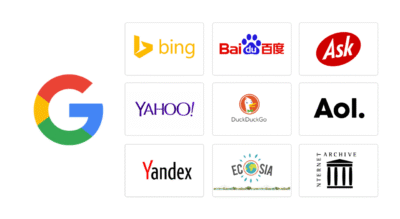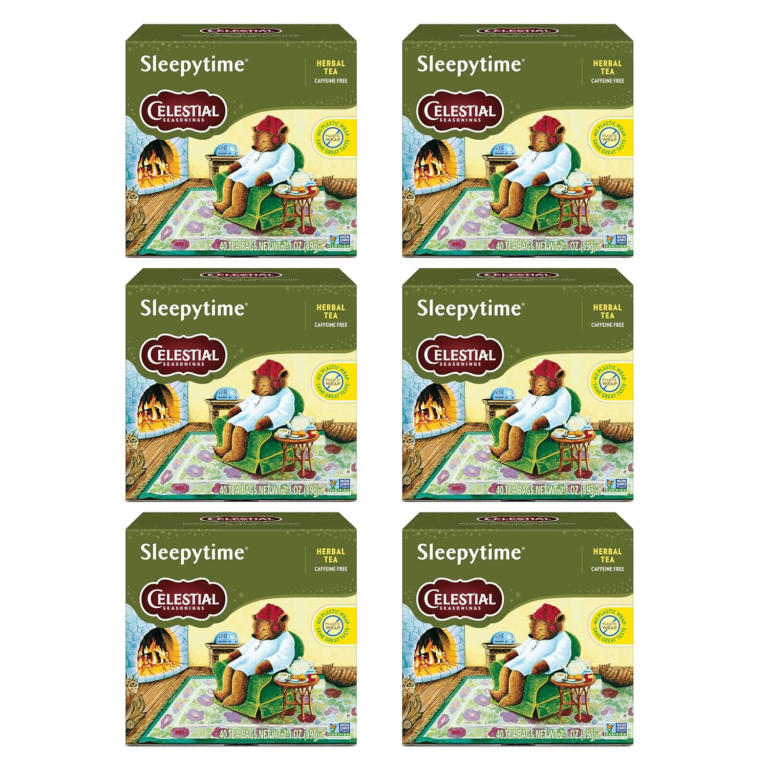
Battle of the Top Search Engines (2025 Edition)
While Google clearly dominates the search engine market, it’s important to note that Yahoo, DuckDuckGo, and MSN are all powered by Bing. This means they rely on Bing’s search technology (the Bing bot), effectively combining their user bases under Bing’s ecosystem. So, while Google operates independently, Bing benefits from multiple platforms contributing to its overall reach.
In 2025, the world of search engines is more competitive than ever. Here’s a comprehensive breakdown of the top search engines.
As of this month of July 2025
| Month/2025 | Bing | Yahoo | DuckDuckGo | Yandex | |
| January | 105 billion | 3.0 billion | 2.36 Billion | 3.68 Billion | |
| February | 105 billion | 3.0 Billion | 2.36 Billion | 3.7 Billion | |
| March | 105 billion | 5.28 Billion | 3.99 Billion | 2.36 Billion | 2.29 Billion |
| April | 92.7 Billion | 4.19 Billion | 2.46 Billion | 1.95 Billion | 1.86 Billion |
| May | 105.4 Billion | 2.96 Billion | 2.69 Billion | 2.30 Billion | 1.87 Billion |
| June | 105 Billion | 3.0 Billion est. | 2.7 Billion | 2.30 Billion |
Top Search Engines as of July 2025
The search engine landscape has evolved dramatically over the years, shaped by advancements in AI, changing user behavior, and tech company competition. As of July 2025, several players dominate the global search market—some expected, some rising fast. Whether you’re a digital marketer, content creator, or curious user, knowing where people search can help you reach the right audience.
1. Google
Market Share: ~86% globally
Website: www.google.com
No surprise here—Google continues to reign as the dominant force in search. With ongoing improvements to its Search Generative Experience (SGE) and integration with AI features through Gemini, Google offers contextual, AI-assisted answers alongside traditional results. Mobile-first indexing, voice search, and visual search continue to gain traction.
Key Features:
- AI summaries in search results
- Deep integration with Google Lens and Assistant
- Real-time updates and local search improvements
2. Microsoft Bing
Market Share: ~7–9% globally
Website: www.bing.com
Microsoft’s Bing has steadily gained ground, largely thanks to its integration with Copilot and the Edge browser. Bing uses OpenAI-powered features to provide AI chat, visual answers, and improved search quality.
Key Features:
- AI-powered Copilot built into search
- Strong desktop and enterprise presence
- Image and video search strengths
3. Yahoo Search
Market Share: ~2%
Website: search.yahoo.com
While its popularity has waned, Yahoo Search remains relevant through partnerships—currently powered by Bing. Yahoo continues to have a user base that prefers its portal-style homepage.
Key Features:
- Bing-powered results
- Integration with Yahoo News and Mail
- Legacy user base
4. DuckDuckGo
Market Share: ~1% (but higher in privacy-focused markets)
Website: www.duckduckgo.com
DuckDuckGo is the go-to choice for privacy-conscious users. It doesn’t track users or personalize search results. It now includes DuckAssist, a natural language answer feature powered by open-source LLMs and curated content.
Key Features:
- No tracking, no targeted ads
- Instant answers with AI integration
- Simple, clean interface
5. Brave Search
Market Share: Growing (under 1% but rising)
Website: search.brave.com
Built by the creators of the Brave browser, Brave Search is fully independent and doesn’t rely on Google or Bing for its index. It emphasizes transparency and user control and recently launched AI-powered Summarizer features.
Key Features:
- Own search index (not dependent on Google/Bing)
- Ad-free options and privacy-first design
- AI-generated snippets
6. You.com
Market Share: Niche, but influential in tech circles
Website: www.you.com
You.com is an AI-centric search engine that blends search with chat. It’s designed for productivity, enabling users to search, code, write, and solve problems all in one interface.
Key Features:
- Built-in AI assistant
- App-based results (like Stack Overflow, Reddit, etc.)
- Strong dev and research tools integration
Honorable Mentions:
- Ecosia – Eco-friendly search engine that plants trees with ad revenue.
- Neeva – Once a top contender in ad-free search, it was acquired by Snowflake in 2023.
- Yandex – Dominates Russian-speaking regions, though global use has declined due to geopolitical shifts.
Final Thoughts
As AI continues to reshape the way we access information, the search engine space remains dynamic. Google may still be king, but challengers like Bing, DuckDuckGo, and Brave are carving out valuable niches—especially among users seeking privacy, transparency, or integrated AI capabilities.
Whether you’re optimizing your content or just exploring alternatives, staying informed about these trends helps you navigate the evolving world of search.






